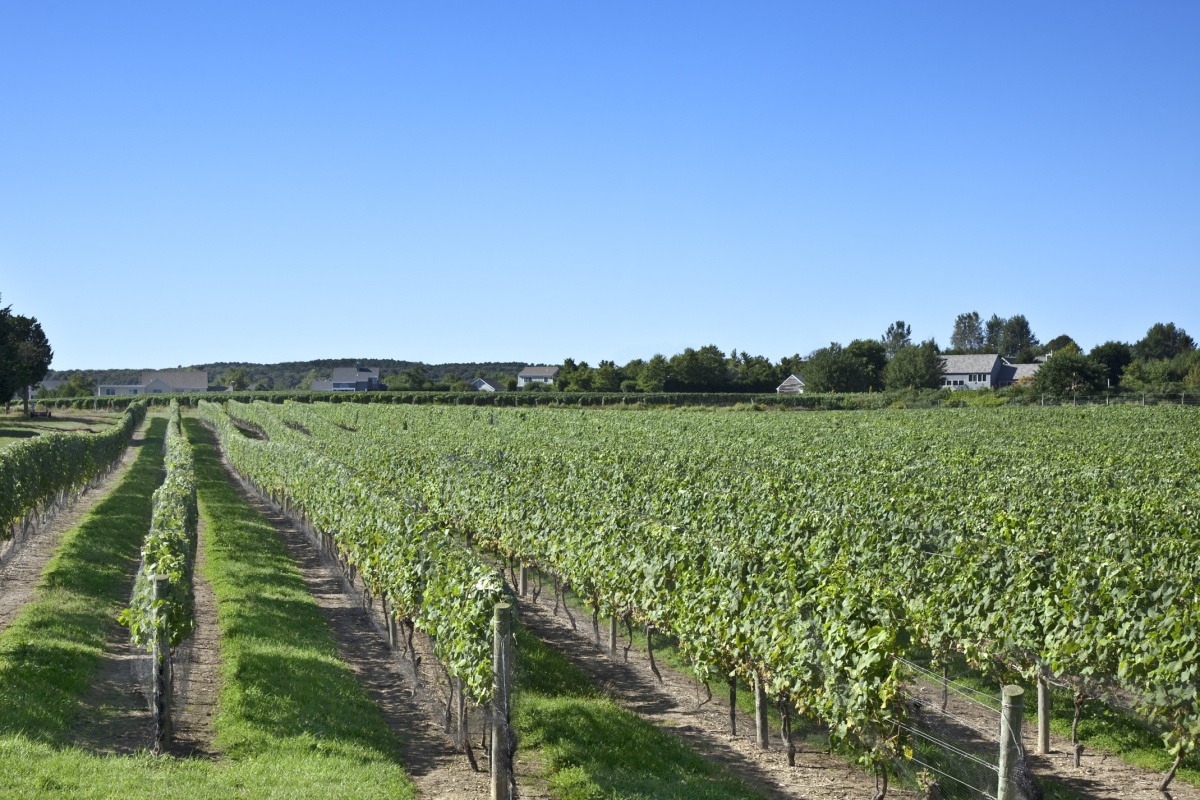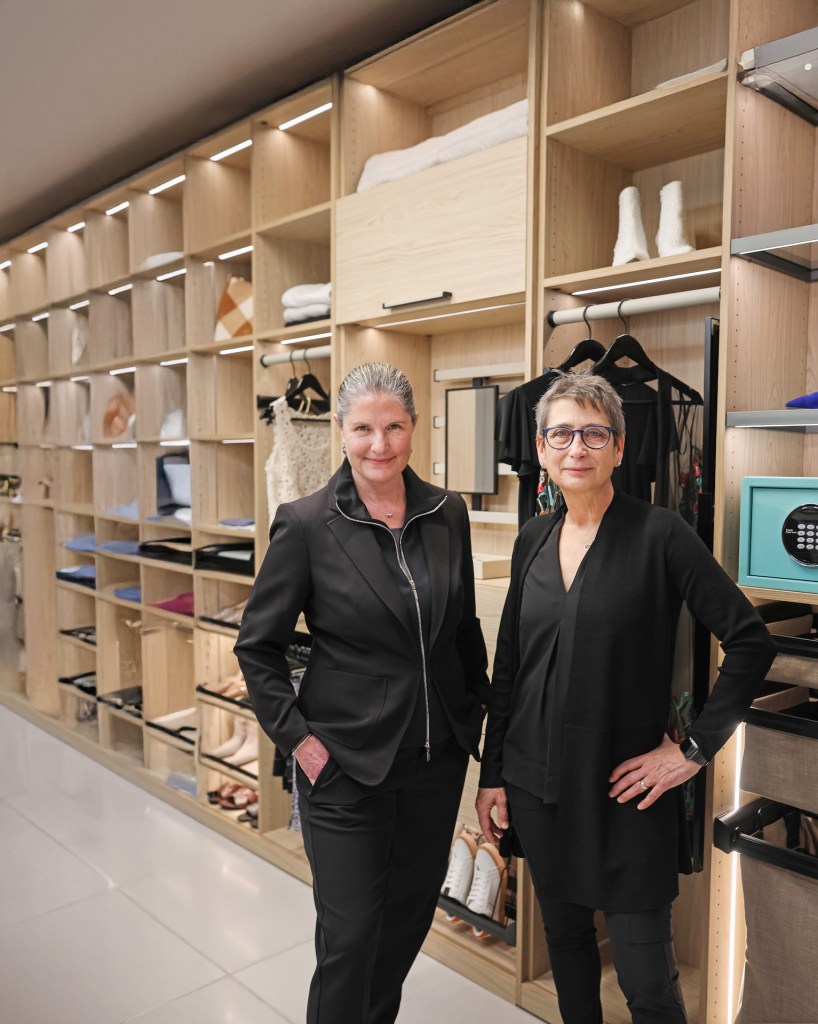Dan's Papers Literary Prize for Nonfiction 2014: “Paumanok’s Paths” by Shay Lower

This essay was awarded one of two runner-up prizes in the 2014 Dan’s Papers Literary Prize for Nonfiction.
My aunt and I sat overlooking her lovely yard, so large and lush that you could almost forget Route 25 was right outside her driveway. In the summer, you could watch the line of traffic back up as city folk drove out East for the weekend. The line of expensive cars was colorful and bright on the winding road like a Chinese dragon on parade. And indeed, on lazy summer days, we’d watch them slink by at a snail’s pace while we drank chardonnay on the patio. In winter, you could hear the squeal of brakes as cars slowed to take the turn in the road where Riverhead turned into Aquebogue. A place where ice formed quickly when the temperature dropped. The traffic was quieter at that time of year so you could hear it from the house and we’d all brace ourselves for the sound of a crash on foul days. But on that spring day, all was quiet and we drank some local wine in honor of my divorce. I was in need of sedation not celebration although the lilies and tulips in her gardens, the sculptural leaves of the Japanese maple…the vibrancy of the setting chased some of the somber mood.
I had spent weekends at my aunt’s house growing up to visit her and my grandparents who shared her home. But several years had passed since my last visit as a newlywed. Michael and I had honeymooned at my aunt’s relaxing home, better than any spa stay and perfectly fitting into our budget of nothing. Always the gracious host, my aunt prepared her guest room with roses and scented linens, cooked us lavish meals and came up with an itinerary of things to do for the weekend. There were long walks on the beach, antiquing in Greenport and the splurge of a ferry ride in the sunset. Somewhere there were photos of those days; the two of us smiling so assuredly that it was the beginning of a lifetime of thrifty yet satisfying days. And always in the background of those shots- the sound or the bay witness to a hope that quickly dwindled away. The irony of visiting again now, just a week after signing divorce papers, was not lost on me. The trip was planned to garner my aunt’s support not to do some magical healing through association. I didn’t believe in that nonsense anyway. I believed in fellow divorcees giving each other a thumb’s up and sharing some good chardonnay.
At the northern edge of the property sat an ancient barn even older than her restored farmhouse. Just above the dilapidated roof, you could see the potato fields of the farm next door. Countless hours had been spent walking those fields when I was younger. It was not verdant by any means but rather, acres of dirt and dust with an occasional grove of trees where a pond was hidden. But it was solitary and quiet, by the time I reached the fields the noise of Main Road had disappeared entirely. When I was a girl, I’d walk through while reading a book since there was no need to pay attention to the terrain. My head was always in a book back then and reading all alone undisturbed was a favorite pastime. Later, as a teenager I would walk around with my Walkman attached to my hip and daydream about future careers, friends, travels and foolishly, a future husband. Singular, just one. I was only 23 and had already blown that dream. I thought a walk through those barren fields might well match my mood.
“Can I go for a walk through the neighbor’s fields?” I felt I should ask since I was no longer a regular visitor.
“Sure but you know we have new neighbors. I told you the last time we spoke.”
The last time we spoke, I think I had just found a love letter to Michael that hadn’t been written by me. I didn’t remember much of that conversation.
“Oh, right. I guess they don’t want a sad, strange woman walking around then. You’ve met them?” I stood on the chair to better see over the barn. There was row upon row of spindly, brown vines in the fields, the branches reaching out toward each other like hands joined in a line dance. From that distance, the sparse leaves were pale green dots; pastel confetti in a sea of brown.
“I’ve met them. They’re starting a vineyard. He works in the city and she’s very nice. From Germany. Her family had vineyards there. She was very excited when she met grandma. You know, when she heard her accent.”
“What accent?” I said dryly. My grandmother spoke perfect English but had never lost her French accent. Most people found her difficult to understand. My aunt slapped me lightly on the shoulder.
“Well, they make themselves understood. They’ve shared stories of their European childhoods. Grandma knows a lot more about her than I do. But they are very nice and I know they wouldn’t mind if you walk there. They’ve told grandma she can even walk the dog in the vineyard!”
“So they actually make wine over there? Can you do that?” I was baffled by this news and felt disconcerted by the change. Although my aunt’s house was always under renovation and her yard a dynamic landscape, I had thought of the earth itself as something immutable and constant.
“It will be a few years before they get grapes they can use for wine. But that is their plan. That’s what a vineyard does…make wine. And just beyond the copse of trees, they are putting up a barn-like building where they will do all their fermenting. And eventually they will add a tasting room and a restaurant and an events center.” My aunt waved her glass toward their property in good cheer. The next time I returned, she’d be drinking her neighbor’s wine and eating their sausage.
“They must be very optimistic Europeans.” I was starting to feel the dizzying effects of the wine and the sun and the whirl of things changing at a pace I couldn’t match. Only a week ago, I was a wife with plans devised by her husband and a vague longing for children and all the things that duty inspired. It was only one honeymoon ago that I could visit my aunt and walk through potato fields filled with dreams.
“What’s that supposed to mean?” My aunt asked handing me a bottle of water from the cooler. I responded with a shrug and she sighed knowingly. “It’s been a tough week for you, sweety.”
“I mean, just because you can grow grapes in Germany doesn’t mean you can grow them here. Surely the soil is different and…and…the climate. You can’t force things to grow where they’re not supposed to.” People were forced all the time—forced to do things and forced to not do things. People were forced from their homes, forced to speak a language they didn’t know, forced to sign papers they didn’t want to sign. Michael cried as he signed his name to the documents that ended our marriage. I hadn’t left him any choice. But nature, well, that was different. Nature should not be forced.
“Apparently, Long Island does have the proper soil and climate. They are not the first to start a vineyard here. There are several others further out East. They know what they are doing.” She patted my hand reassuringly.
“I sure hope so. It sounds like a crazy idea to me. And now I can’t walk because I might damage a vine or step on their grapes. They might send their dogs out to attack me or something.” I had the urge to move, to get to some future place where things would begin anew- things that were just mine.
“I’ve told you, you can walk! Go. Now. I insist. It will help you clear your head. Take some water with you and when you get back, I’ll have lunch made.” I felt her foot press lightly at my backside.
As I neared the vineyard, I understood how the orderly rows of plants could be soothing. I saw at a glance how the earth was much improved with something green and fruitful growing. The promise of a harvest was a hopeful and exciting event. One that would bring not just grapes and wine but beauty and jobs and tourists. And perhaps even locals woud bring their celebrations. As I walked, I pictured what it might look like when the vines were mature; tried to pull the image from commercials of Napa. I could imagine walking through the rows at sunset with some you love. I could imagine a bride and groom whispering their vows beneath a bountiful arbor and it didn’t make me angry or anxious. I could almost imagine it was me.
At the 2014 Dan’s Papers Literary Prize awards ceremony at Guild Hall in East Hampton on August 16, Ms. Lower’s sister accepted the prize of $500 and a Nook on the author’s behalf.



